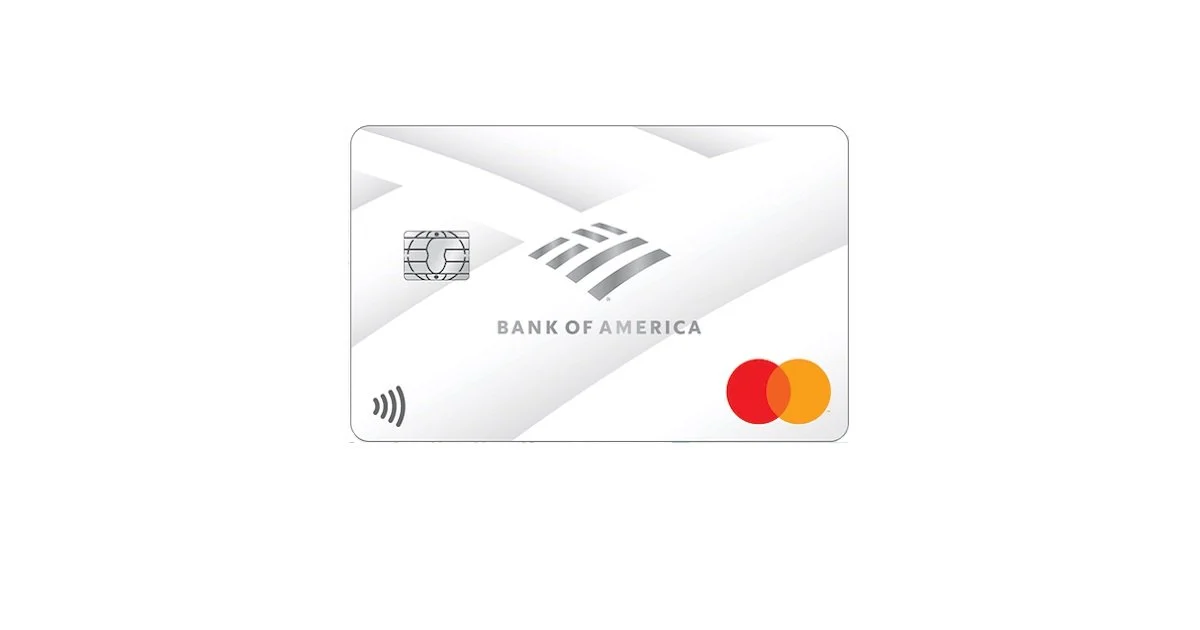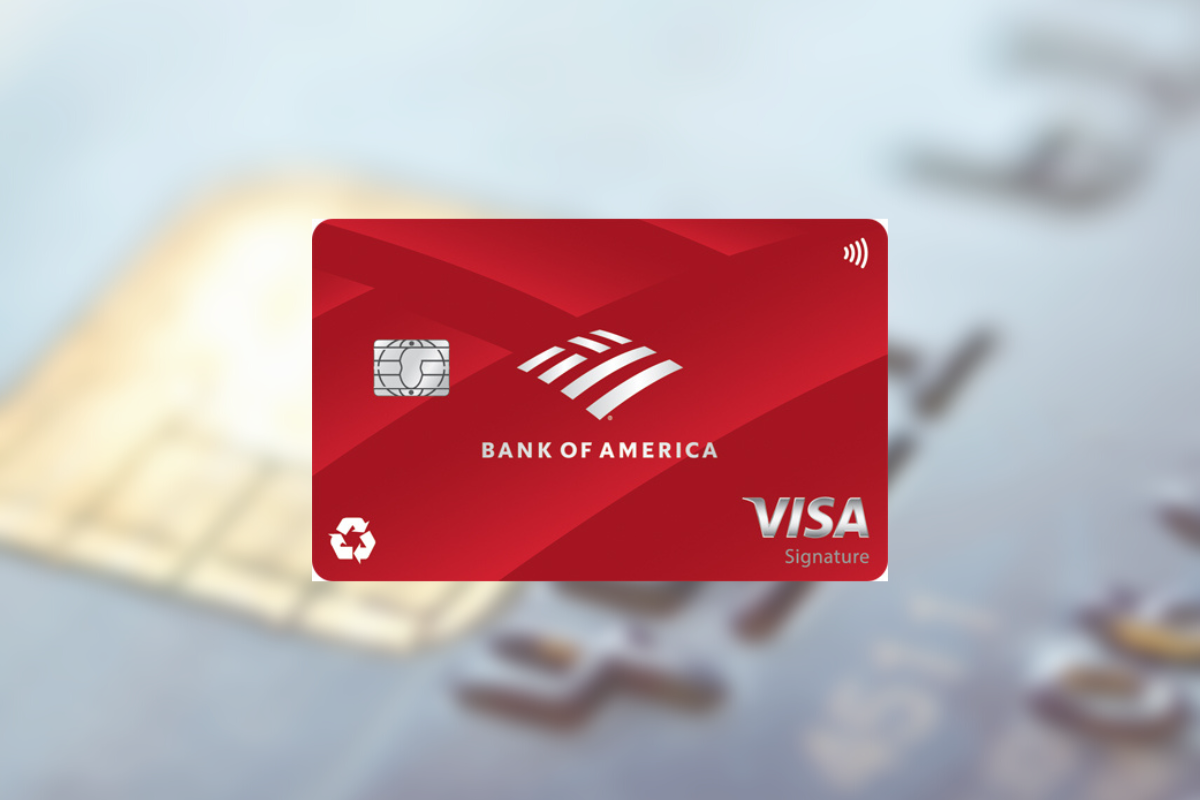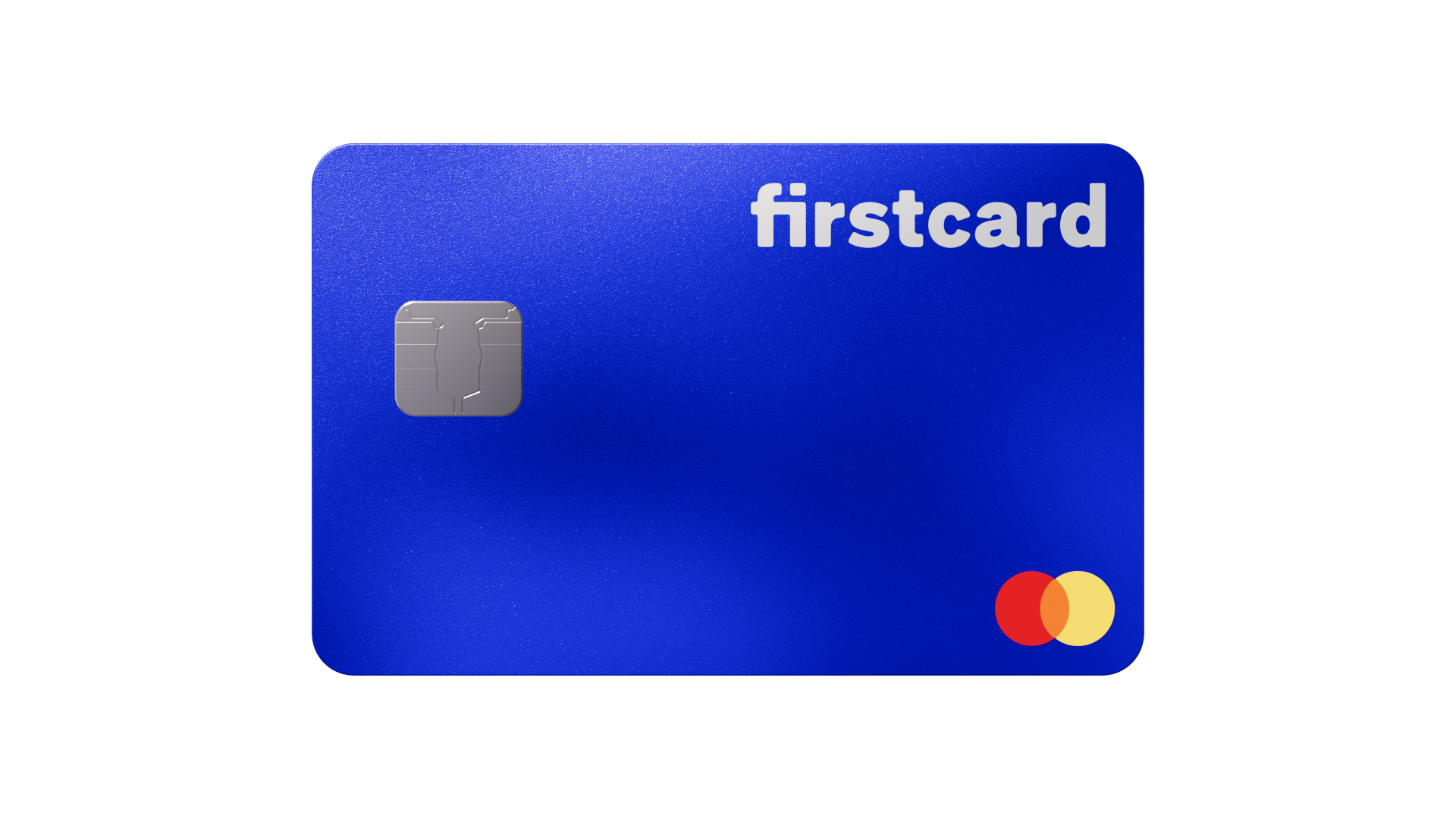Credit cards with rewards: how to choose the best one for your lifestyle

Evaluating Rewards Credit Cards: A Closer Look
In today’s financial marketplace, consumers have access to a diverse array of credit cards offering rewards. This extensive selection can lead to confusion, making it imperative to carefully consider how these rewards will complement your distinct spending habits. The right card not only bolsters your purchasing power but can also enhance your lifestyle by providing additional perks and benefits.
To make an informed decision, it’s critical to understand the various types of rewards programs available and how they align with your financial behaviors:
- Cashback – These cards return a percentage (often ranging from 1% to 5%) of your purchases as cash. For instance, if you spend $1,000 on a card with 2% cashback, you’ll earn $20. This simple structure appeals to those who prefer straightforward returns on everyday expenses.
- Travel rewards – Perfect for frequent travelers, these cards allow you to earn points or miles for air travel and accommodations. For example, with some cards, every dollar spent translates to a mile toward your next vacation. Some cards partner with airlines and hotels to offer exclusive deals and benefits, enhancing your travel experience significantly.
- Points systems – Accumulating points through these cards can lead to a variety of rewards, including merchandise or gift cards. A points-based system can add flexibility, allowing you to choose how to redeem your accumulated points based on your personal preferences.
Matching a credit card’s features with your individual needs is essential. Key factors to consider include:
- Frequency of travel or online shopping – If you frequently travel for work or leisure, a travel rewards card may yield the most benefits. Conversely, for a household focused on daily groceries and gas, a cashback card that rewards these categories would be more advantageous.
- Your average monthly spending – Assessing your spending across various categories, such as groceries, dining out, and fuel, can help you identify which card offers the best returns for your habits.
- Financial goals – Consider if you are primarily focused on saving for a major purchase like a home or paying off existing debt. Some cards come with 0% introductory APR offers that can help you manage payments more effectively during a transition period.
However, it’s important to navigate the potential pitfalls associated with reward cards. Watch for:
- Annual fees – Some cards charge an annual fee that can detract from the value of the rewards earned. It’s vital to calculate whether the benefits outweigh the costs.
- High interest rates – If you carry a balance, high interest rates can negate the advantages of any rewards you earn, turning those gains into losses swiftly.
- Redemption limitations – Be conscious of any restrictions on how or where you can redeem rewards, as some cards impose caps or specific criteria that might hinder your earning potential.
As the options for rewards credit cards continue to expand, understanding how to select a card tailored to your lifestyle can empower you to make smarter financial choices. By exploring your spending habits and staying informed about the evolving landscape of credit rewards, you can unlock opportunities that not only enhance your financial strategy but also enrich your everyday experiences.
LEARN MORE: Click here for detailed instructions
Understanding Your Spending Patterns
Before diving deep into the world of rewards credit cards, it’s essential to understand your unique spending patterns. This self-assessment forms the foundation for selecting a card that aligns with your financial behavior and lifestyle. By dissecting your monthly expenditures, you can effectively pinpoint which type of rewards system will maximize your benefits. Start by considering the following categories:
- Groceries and Dining – Analyze how much you spend on food each month. A straightforward cashback card might be ideal if you’re buying groceries regularly and dining out frequently. Many cards offer enhanced rewards in these categories, sometimes reaching up to 5% cashback.
- Travel Expenses – If you find yourself traveling often, whether for business or pleasure, you may want a travel rewards card. These cards often provide bonus miles for flights, hotel stays, and even car rentals, offering substantial perks if you frequently spend on travel-related expenses.
- Utilities and Subscriptions – Regular monthly bills don’t have to be dreaded; they can become opportunities for rewards! Some cards offer cashback on utility payments, streaming services, and other subscriptions. Make sure to account for these costs as well when evaluating your spending.
- Retail Shopping – If you enjoy shopping, especially online, consider a card that offers rewards for retail purchases. Certain cards partner with specific retailers, providing cash back or bonus points on purchases made at those stores.
Once you categorize your spending, it becomes easier to see where you can earn the most rewards. However, it’s not just about identifying the right categories; being aware of annual fees and welcome bonuses can significantly influence your decision. Here’s what to keep in mind:
- Annual Fees – Some premium cards come with hefty annual fees that may overshadow the rewards earned. Calculate whether the benefits justify the cost. Cards with no annual fees still offer competitive rewards, making them an attractive option for many consumers.
- Welcome Bonuses – Often, issuers provide enticing sign-up bonuses when you meet a minimum spending requirement within the first few months. These can include substantial points or cash bonuses, which can provide a strong initial boost toward your rewards accumulation.
As you sift through your expenses and consider both annual fees and welcome bonuses, an essential part of the decision-making process is understanding the redemption options. How can you utilize your rewards once you’ve accumulated them? There are various avenues available, including:
- Cash Back – The simplest form, allowing you to receive cash into your statement or bank account.
- Travel Purchases – Many travel credit cards offer the option to book flights, hotels, or rental cars directly with points or miles.
- Gift Cards and Merchandise – Points can often be exchanged for gift cards to your favorite retailers or even converted into physical products.
Taking the time to assess your spending habits and understanding the various aspects of rewards programs will place you in a favorable position to select the credit card that best fits your lifestyle. Remember, the ultimate goal is to use these rewards to enhance your experiences and create financial value without extending yourself beyond your means. By choosing wisely, you can transform routine payments into rewarding experiences and leverage your everyday spending. Keep exploring your options—your ideal rewards card may be just a few insightful calculations away.
DISCOVER MORE: Click here to learn about the latest nursing technician program
Evaluating Different Credit Card Features
After discerning your spending habits and understanding the basic frameworks of rewards, the next step is to evaluate specific features within rewards credit cards that can provide additional benefits tailored to your lifestyle. Not all rewards cards are created equal, and certain attributes can significantly influence your reward potential and overall satisfaction. Here are key features to consider:
- Redemption Flexibility – One crucial aspect of rewards credit cards is how and when you can redeem your rewards. Some cards offer more flexibility than others, allowing you to transfer points to travel partners or redeem them for varying types of expenses. If you travel frequently, selecting a card that partners with airlines or hotel chains you prefer can maximize your rewards potential, as you may find opportunities to stretch your points further through strategic redemptions.
- Foreign Transaction Fees – For those who travel internationally, considering whether a card charges foreign transaction fees is vital. Some cards waive these fees altogether, allowing you to use your rewards seamlessly abroad without incurring extra costs. This can lead to significant savings during overseas purchases, making travel rewards cards especially valuable for globetrotters.
- Additional Benefits – Beyond earning points, many rewards credit cards come with supplementary perks such as travel insurance, purchase protection, extended warranties, and access to exclusive events. Consider what additional features suit your lifestyle—like car rental insurance if you frequently rent vehicles or concierge services for bookings. These extra perks can significantly enhance the overall value of a rewards card.
- Card Networks and Acceptance – The network on which your credit card operates affects where and how you can use it. Visa and Mastercard are widely accepted, while American Express and Discover may not be universally accepted at all locations. Pay attention to the type of card you choose—having a card that can be utilized effectively in a variety of locations adds to both convenience and benefits.
Furthermore, as you research various cards, take the time to explore user experiences and reviews. Websites dedicated to consumer finance often provide detailed analyses and user testimonials that can offer insights beyond the promotional material from card issuers. Consider these factors when browsing:
- Ease of Use – How straightforward is the process for claiming your rewards? Are there any limits on earning or redeeming them? A card with a user-friendly online platform or mobile app can facilitate the tracking of spending and rewards accumulation.
- Customer Service – Assess the quality of customer support associated with different credit cards. A reliable customer service team available 24/7 is advantageous, especially when dealing with potential emergencies or disputes.
As you investigate options, implementing an organized approach can help prevent overwhelming fatigue from the plethora of options available. Maintain a comparison chart where you list down features like annual fees, reward rates, redemption options, and any additional benefits for cards you are considering. This visual representation can facilitate easier decision-making.
Finally, remember to review any spending limits or onboarding requirements that may apply to certain cards as conditions for obtaining rewards. By keeping a detailed account of your findings, you can make an informed decision that seamlessly aligns with your spending patterns and desired benefits—ultimately leading you to the rewards credit card that best suits your unique lifestyle.
DON’T MISS: Click here for essential updates
Conclusion
In an age where financial choices abound, selecting the right rewards credit card can significantly impact both your wallet and lifestyle. By understanding your personal spending habits and preferences, you can navigate the diverse landscape of credit card offerings to find the perfect fit for your unique needs. Remember to prioritize redemption flexibility—the ability to utilize your rewards in the manner that suits you best can enhance their value. Additionally, with travel becoming more accessible, consider the implications of foreign transaction fees and whether your chosen card accommodates international expenses without hidden costs.
Don’t underestimate the importance of additional benefits that can accompany rewards cards; perks like travel insurance and purchase protection can provide significant added value to your experience. Furthermore, the acceptance of card networks should not be overlooked, as a widely accepted card will ease your shopping experience both at home and abroad.
Ultimately, research plays a crucial role in your decision-making process. Seek out user reviews and expert analyses that delve deeper than surface-level comparisons. As you compile your findings, an organized plan can alleviate the burden of options before you. By maintaining a clear overview of features, benefits, and fees, you’ll empower yourself to choose a rewards credit card that not only aligns with your spending habits but also elevates your financial experience.
Choosing wisely today will lead to unlocking rewards that can significantly enrich your future lifestyle—whether it’s planning your next adventure, covering everyday expenses, or enjoying exclusive benefits. The right card awaits; all you need to do is seek it out.



